In case you didn’t notice, every month I like to share one of my favorite marine science conservation website or blogs. And, even though I just posted on The Daily Ocean I want to highlight the Save Our Seas Foundation.
This is the organization (or ‘organisation’ since they are based in Switzerland) that produces the Naked Oceans podcast (one of the 8 great podcasts listed on the right sidebar). The website for this major player in the fight to save the world’s oceans manages to be in-your-face while still maintaining class and a jovial nature. They cite important messages in large font in the center of the page followed up with bullets and lists (see the threats page for a great example of this).
Also, the blog for Save Our Seas Foundation posts pertinent information (in an easy to digest language) about the research projects their own science team is conducting with pictures they actually took in the field. A lot of the focus of their research is on sharks. Recently they hosted a Dutch film crew doing a documentary between the relations of sharks and surfers (no, they aren’t cousins).
All in all, it seems as though the people working with the Save Our Seas Foundation are dedicated, passionate, and fun and I hope you follow and support them in the future.

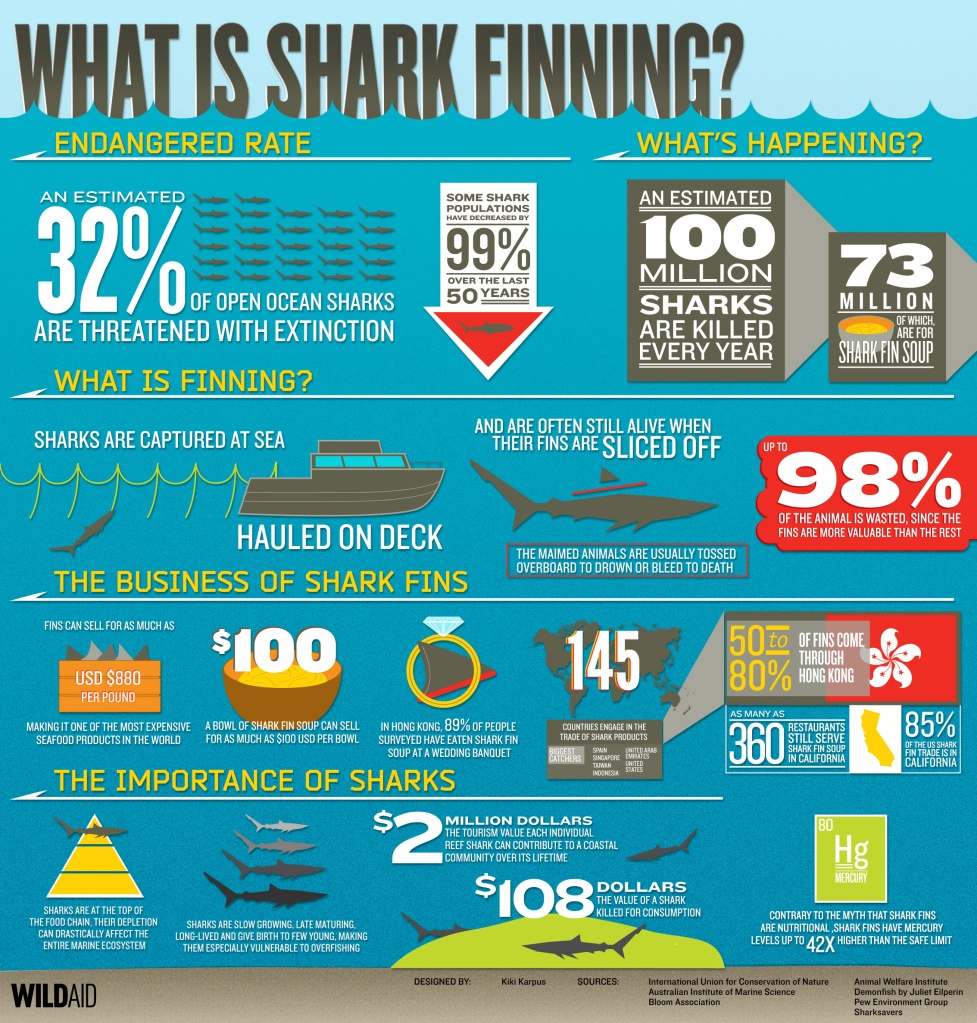

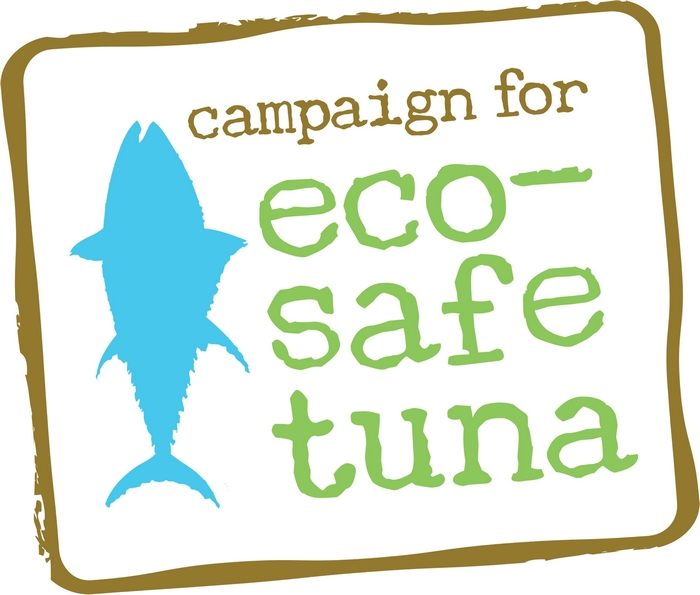


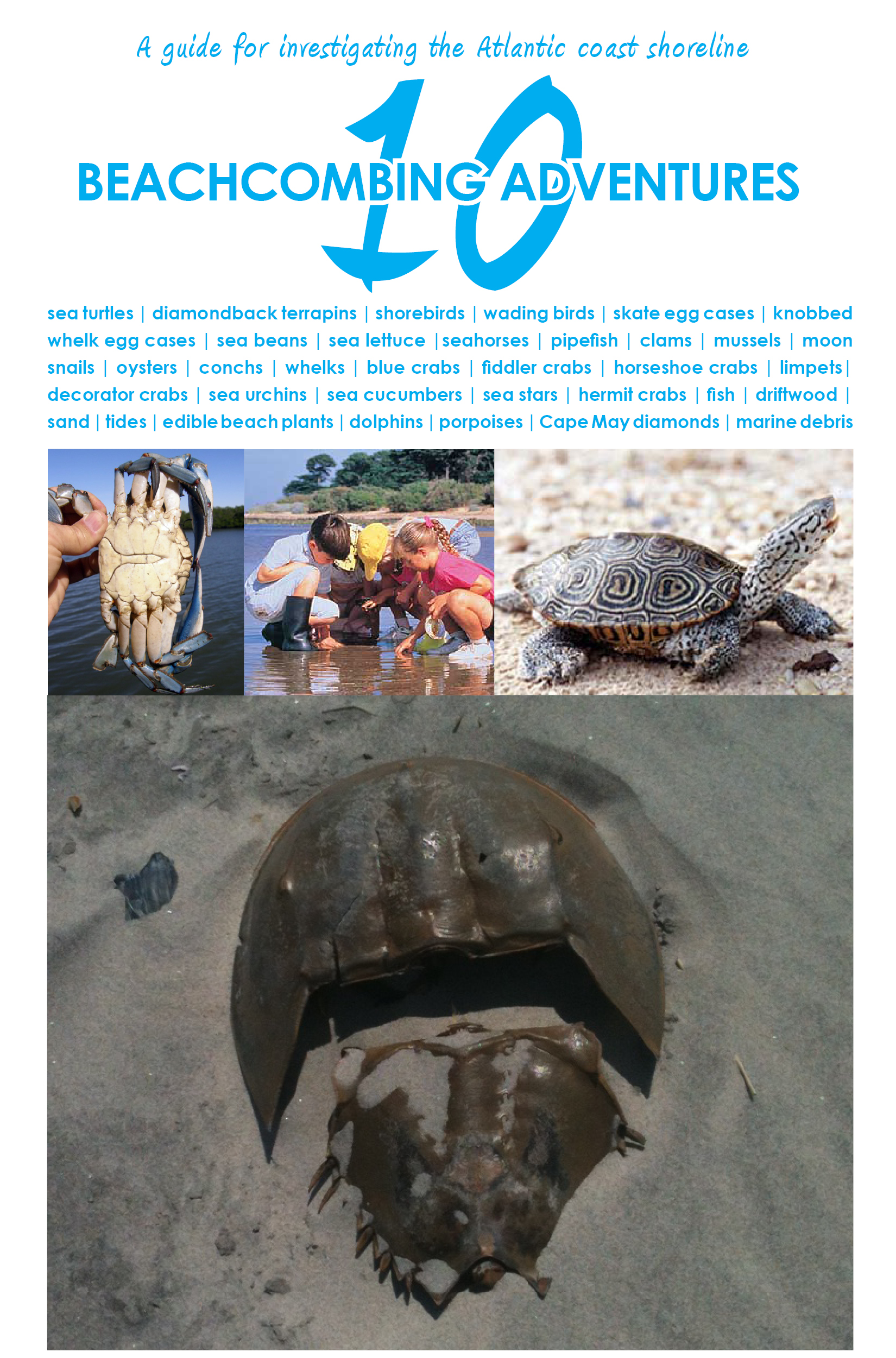
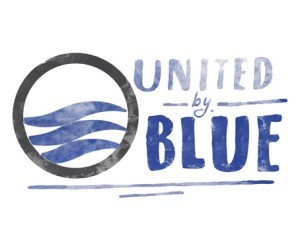
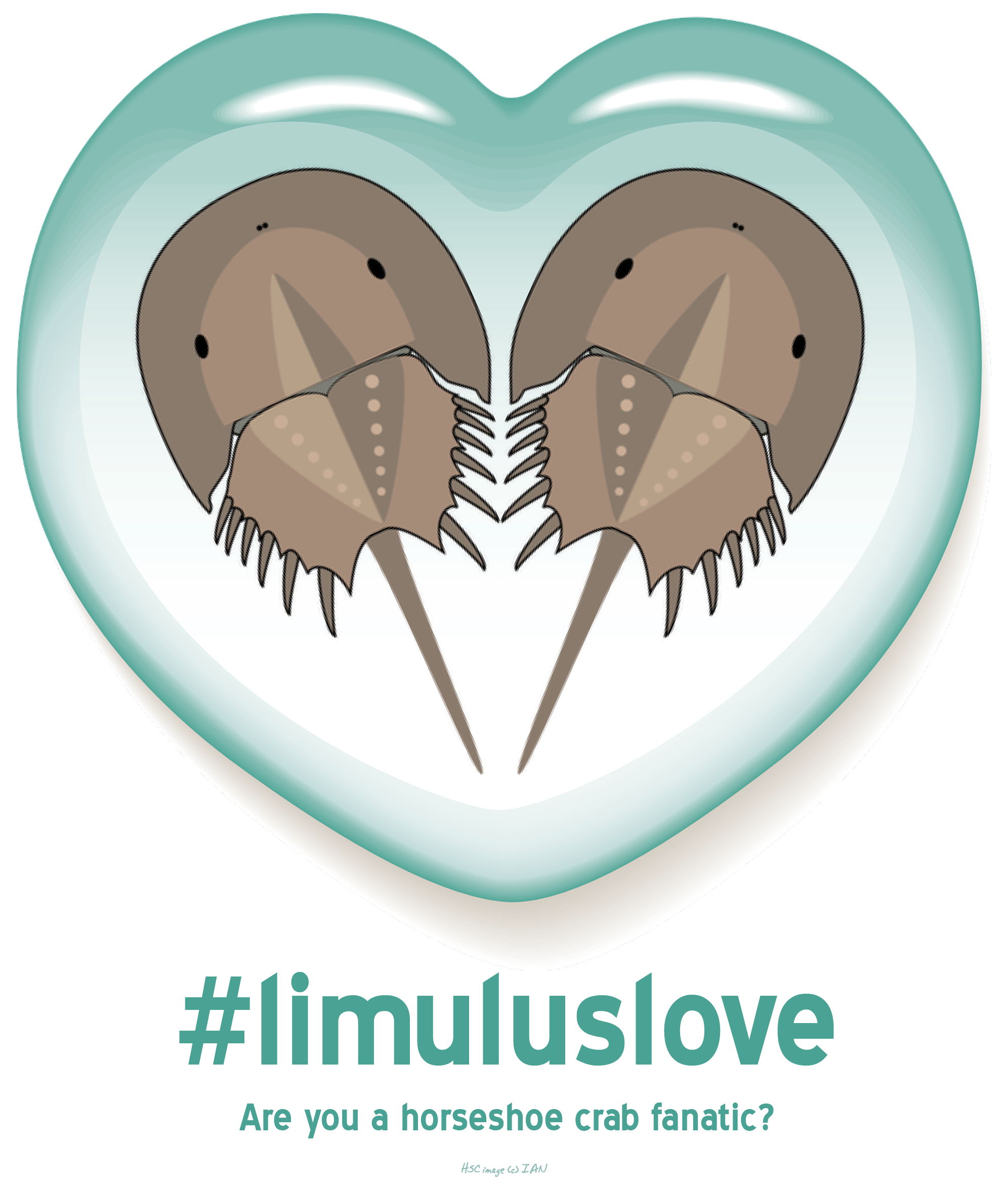
What people are saying …